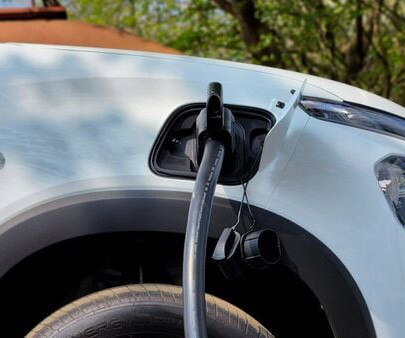Hybrids vs EVs: where should government put its money
Baua Electric
JANUARY 20, 2024
By: Srinjoy Bal | Updated on: 21 Jan 2024, 12:05 PM In a recent letter to the government, Tata Motors has opposed the further tax cuts on hybrids. Meanwhile, Toyota and Maruti Suzuki are of the view for more tax cuts on hybrids. --> In a recent letter to the government, Tata Motors has opposed the further tax cuts on hybrids.




































Let's personalize your content